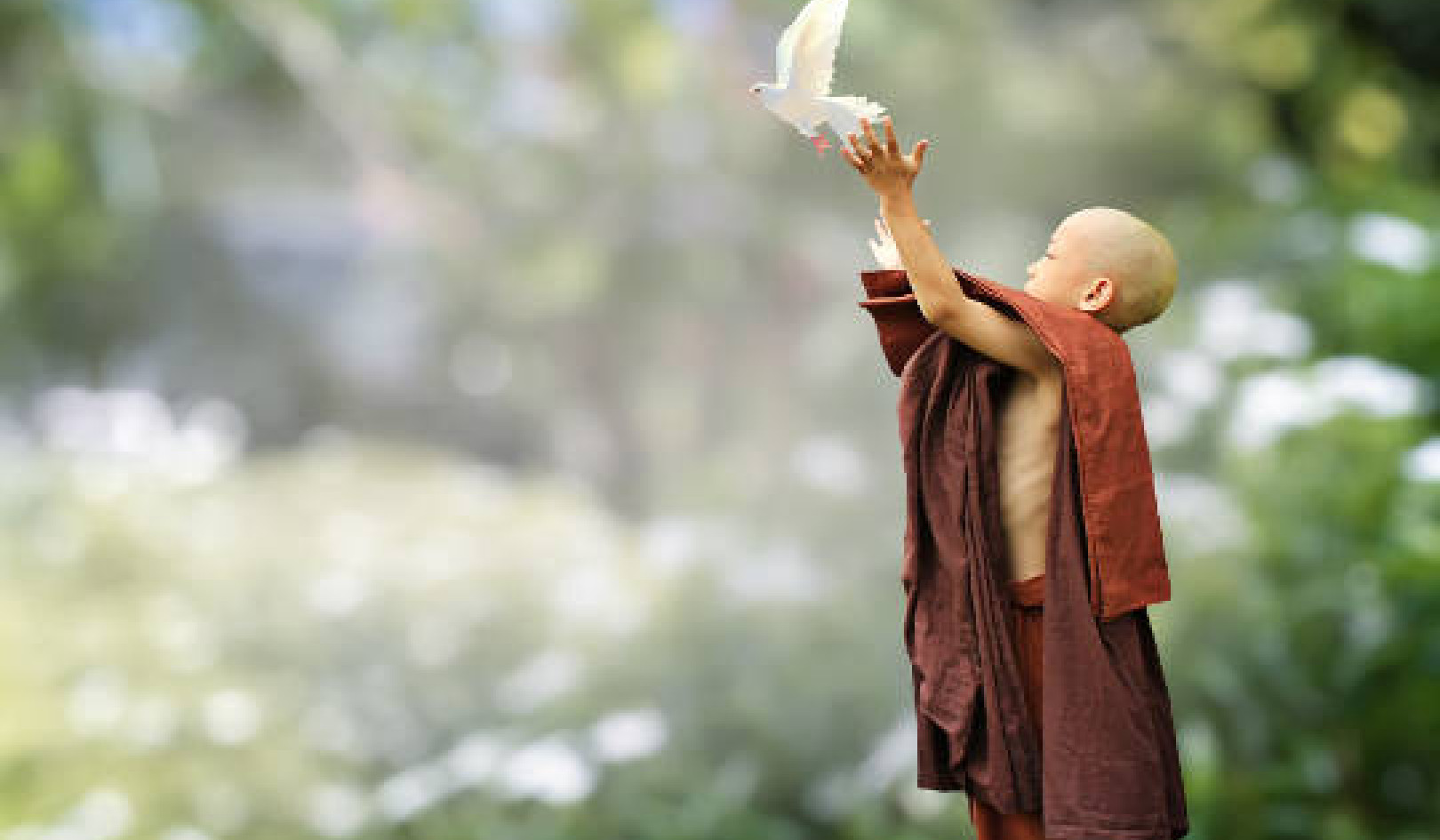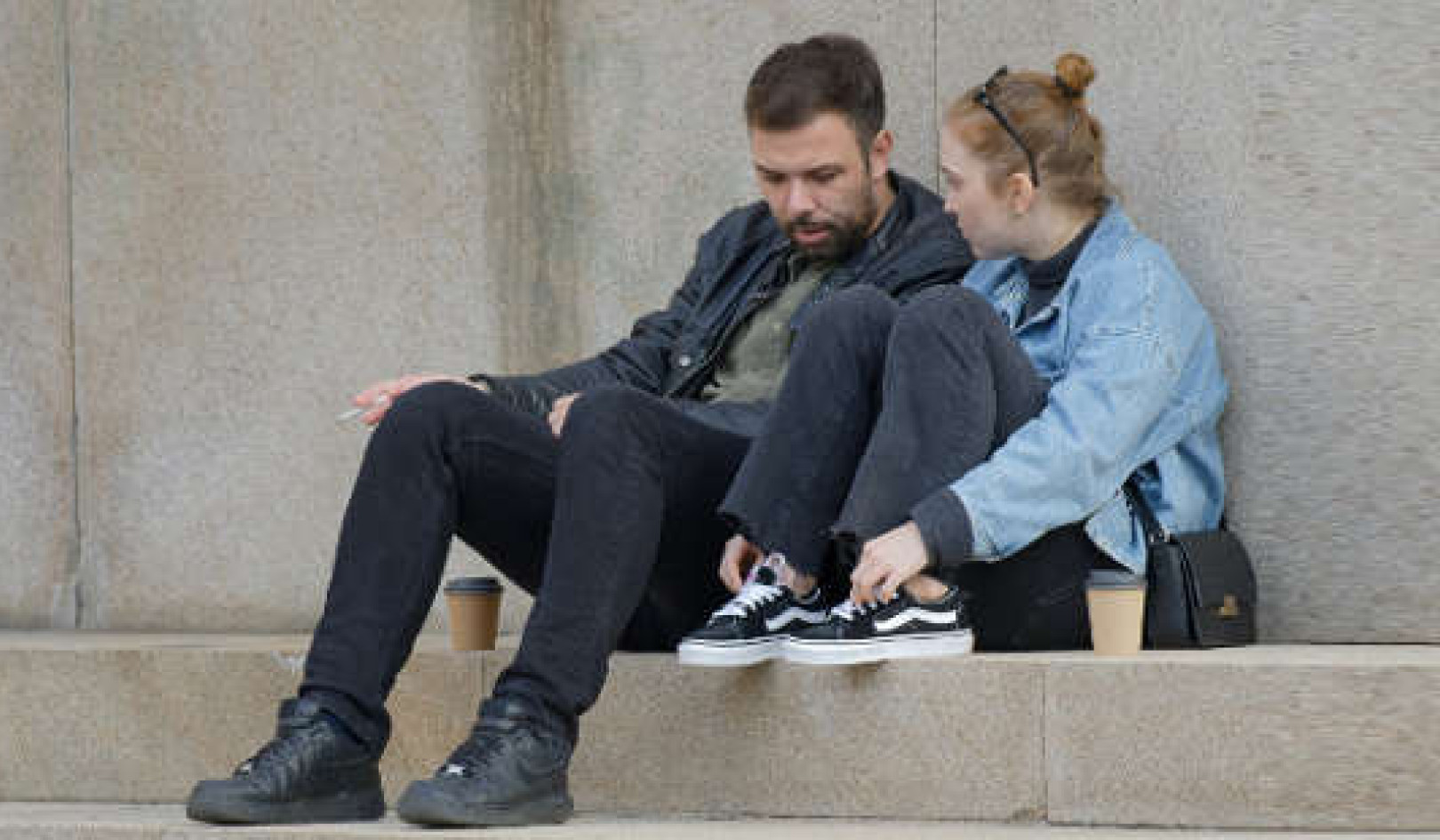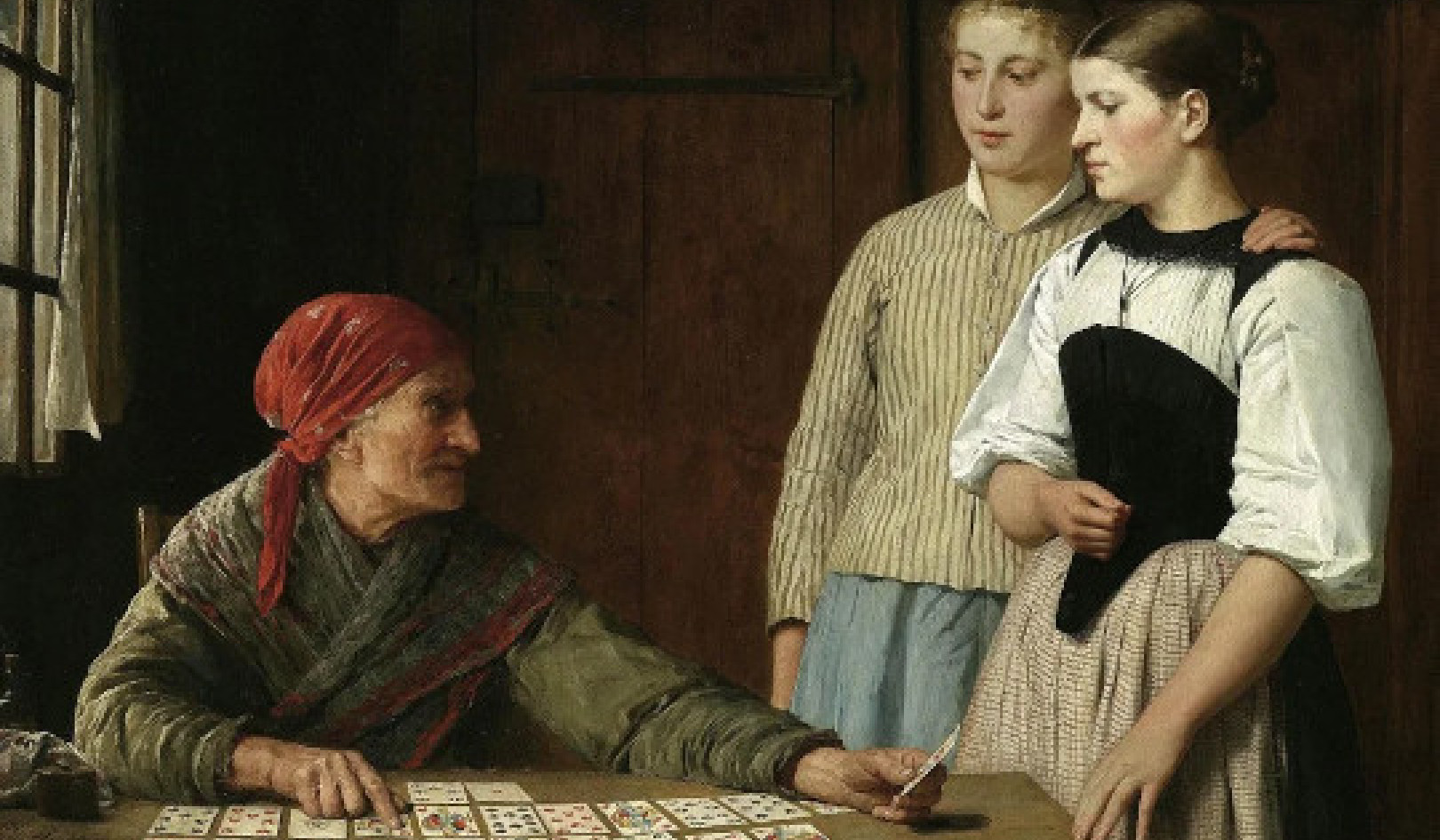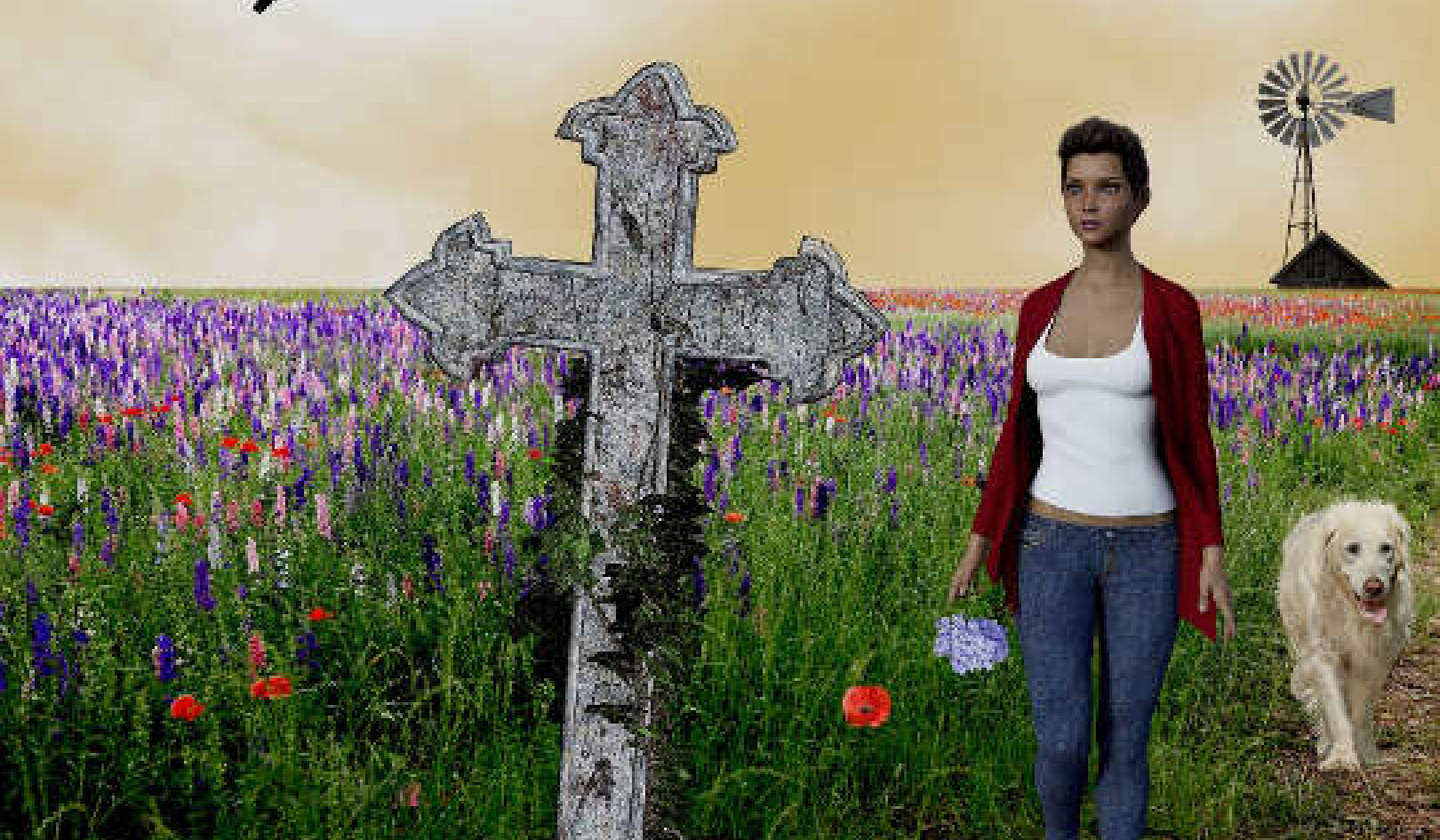
REALationship. Okay, it’s a cute word. But what does it mean to have a real relationship, a relationship with substance? What does it take to have a relationship that not only lasts, but also thrives with loving connection?
From growing with Joyce, my beloved of 52 years, and from our work with couples for 42 years, here are our seven primary ingredients for REALationship. Every one of our couple’s retreats includes these elements.
Of course there are many more ingredients but, if you sincerely understand these basic seven, the others will come along quite naturally.
1. Appreciation.
It’s great to give compliments, to acknowledge the things your partner does for you, or how they look. However, a deeper appreciation includes the soul/spiritual qualities of your mate, like kindness, generosity, joy, childlike innocence or open-heartedness.
Appreciate who they are as well as what they do. Acknowledge the biggest gifts your beloved has brought into your life. This is real appreciation. Do it daily.
I love Joyce’s deep sensitivity, a quality that even I had criticized during our early years. Her sensitivity has allowed me to become more sensitive. Her ease of feeling her feelings has helped me to more quickly feel my own feelings.
2. Vulnerability.
This is the fast-track to REALationship. We’re taught to hide our vulnerability and, instead, only show our strength. If I was vulnerable, and showed my fear as a child growing up in a tough neighborhood of Brooklyn, the other kids would pick on me. Hiding my vulnerability kept me safe on the streets, but did not work very well in my marriage.
Joyce feels especially close to me when I ask for her emotional support, when I admit to fear, when I let her know how much I need her. It’s the times when I’m the most vulnerable that she sees my true strength as a human being. And her vulnerability with me lets me know how important I am in her life.
3. Inner Parent, Inner Child.
As much as we’d like to think we are all grown up, there is still a small child part of us that needs to be acknowledged. Our inner child gets scared and needs love and attention from the inner parent of our partner. Ignoring your inner child is guaranteed to get you in trouble with your mate.
I remember one time when I got off a particularly difficult phone call, and I felt shaken. My inner child desperately needed comforting from Joyce. Instead of recognizing this basic need, I started ordering Joyce to do things. I unconsciously traded vulnerability with irritability. Luckily, my wise wife recognized a suffering little boy hiding behind the irritability, and she asked in a soothing voice, “Barry, are you needing a hug right now?” A humbled little voice squeaked out of me, “Yes.”
4. Sharing Hurt Feelings.
Getting our feelings hurt by a loved one is unavoidable. This is a corollary to accepting our inner child. Many of us either don’t recognize when our feelings are hurt, or don’t express the hurt feelings we do recognize. Instead, we shut down, closing our heart, avoiding the possibility of confrontation. Or, we get angry and retaliate. Both of these approaches erode the love bond.
Joyce, being sensitive to her feelings, easily recognizes when I’ve done something careless, and immediately lets me know. I, on the other hand, have spent years hiding my inner child, and consequently hiding my hurt feelings, mostly from myself. I’m getting better at recognizing my hurt feelings, but I still often cover my vulnerability with anger.
“You hurt me, then I’ll hurt you” is almost a reflex. The following sentence is our goal: “I trust that you didn’t mean to hurt me when you said or did that, and it did hurt me.”
5. Responsibility.
REALationship requires that you take responsibility for your actions. One way to do this is to apologize to your mate when you hurt them … whether intentionally or not. You may sometimes be so focused on the ways they hurt you that you miss the pain you cause them. Rather than taking the role of a victim, take responsibility for your own careless or unconscious actions or thoughts.
Once, on a camping trip with our three children when they were younger, Joyce and I were locked into blaming each other. The children were off playing, but painfully aware of our arguing. The moment Joyce and I took responsibility for our own part of the argument, our faces relaxed into a smile and we hugged each other. At that very moment, all three of our children applauded.
6. Communication About Sex.
Couples rarely talk about their sexual relationship. But this area of relationship needs the most tender and caring communication. If you sincerely incorporate the previous five ingredients into your relationship, you will notice an increased attraction between you.
We suggest answering two questions as a great exercise: First, what is most beautiful about your partner’s sexuality or your sexual relationship? It’s more appreciation, but specifically focused on sexuality. And second, what do you need to allow your sexual relationship to be even more fulfilling? Start your answer with something like, “I love it when you …,” rather than “You need to …” Keeping it positive will go a long way.
7. Spiritual Connection.
Nothing is more important than cultivating a spiritual connection with your beloved. Exactly what is this? It’s understanding that there is something bigger than the personal love between the two of you. Call it what you will, God, Higher Power, Source, Universe, or Divine Love, it doesn’t matter. What matters is that you learn to trust this spiritual energy and ask for help.
When Joyce and I got married, our different religions had caused us so much suffering that we simply threw it all out. We thought our personal love would be enough. It wasn’t. Our batteries ran down and we didn’t think to recharge them by plugging in to a higher power source. Finally, we ran into serious trouble that threatened our marriage. This propelled each of us into a spiritual quest that eventually led us back together.
Today, the most important thing we do each morning is to sit together and acknowledge the Divine Presence, to give thanks for all that we are given, and to ask for help with what faces us. Find your own unique way to plug in and recharge your batteries. Create REALationship.
Article written by the co-author of:
Risk to Be Healed: The Heart of Personal and Relationship Growth
by Joyce & Barry Vissell.
 "In this book, Joyce & Barry offer the priceless gift of their own experience with relationship, commitment, vulnerability, and loss, along with the profound guide to healing that comes from the core of their being and blesses us with gentle wisdom." -- Gayle & Hugh Prather
"In this book, Joyce & Barry offer the priceless gift of their own experience with relationship, commitment, vulnerability, and loss, along with the profound guide to healing that comes from the core of their being and blesses us with gentle wisdom." -- Gayle & Hugh Prather
Click here for more info and/or to order this book on Amazon.
About the Author(s)
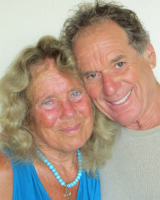 Joyce & Barry Vissell, a nurse/therapist and psychiatrist couple since 1964, are counselors, near Santa Cruz CA, who are passionate about conscious relationship and personal-spiritual growth. They are the authors of 9 books and a new free audio album of sacred songs and chants. Call 831-684-2130 for further information on counseling sessions by phone, on-line, or in person, their books, recordings or their schedule of talks and workshops.
Joyce & Barry Vissell, a nurse/therapist and psychiatrist couple since 1964, are counselors, near Santa Cruz CA, who are passionate about conscious relationship and personal-spiritual growth. They are the authors of 9 books and a new free audio album of sacred songs and chants. Call 831-684-2130 for further information on counseling sessions by phone, on-line, or in person, their books, recordings or their schedule of talks and workshops.
Visit their website at SharedHeart.org for their free monthly e-heartletter, their updated schedule, and inspiring past articles on many topics about relationship and living from the heart.

























